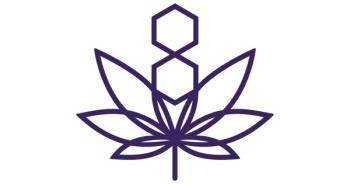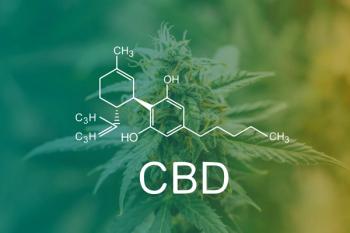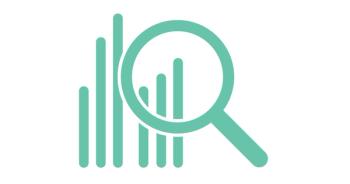
New License Application Process and Medical Cannabis Modifications in Kentucky
Kentucky Governor signs HB 829, and introduces lottery for dispensary applications.
On April 17, 2024, Kentucky governor Andy Beshear signed
The application timeline had to be shifted forward, explained Senator Stephen West, one of the bill's lead sponsors, in order to give cultivators time to grow the cannabis, manufacture the products and ensure that patients had medicine available to them the same day it became legal (3).
Governor Beshear announced on April 18, 2024 that an initial round of dispensary licenses will be granted through a lottery and the window for application submissions will be open from July 1, 2024 to August 31, 2024 (1).
A total of 48 licenses will be distributed among 11 districts, and the lottery is scheduled to happen in October (1).
“It reduces or eliminates litigation, and it creates a more fair process, not one where people bid against each other and only then the big companies can be a part of it,” stated the governor last week (1). “But one that provides at least a chance for everyone who can meet the criteria.”
Similarly, the
Governor Beshear also explained that Kentucky’s initial limited number of licenses ensures the program can be monitored for safety and ensure reliable access to medical cannabis (1). There will be room for growth in the future, he explained, depending on the market (1).
Kentucky’s medical cannabis program is set to start in early 2025, having been legalized in 2023 through Senate Bill 47, authored by Senator Stephen West (1,3,5). Under the program, patients with conditions including cancer, chronic pain, and post-traumatic stress disorder (PTSD) qualify for a medical cannabis card (5).
However, under SB 47, smokeable products are not allowed, though vaping, pills, or edible products are, and HB 829 reiterated this restriction (3). “I want to be really clear: If you're smoking, you will lose your license, your card and you will go to jail,” stated Representative Jason Nemes, lead sponsor of HB 829 (3). “You should go to jail until the law changes, and I wouldn't support a change in the law on that.”
Furthermore, though Governor Beshear has previously voiced his support for expanding the list of qualifying medical conditions, HB 829 does not add any new conditions to the limited list (1,3). Additionally, with HB 829, the cannabis must be grown indoors, though most of the state’s hemp plants grown last year were started indoors and moved to outdoor farms (3). Local governments and schools can opt out of the medical cannabis program (1,3).
References
- Schreiner, B., Kentucky governor announces lottery to award initial round of medical cannabis business licenses
https://apnews.com/article/kentucky-governor-medical-marijuana-34eb7b76827456831a72b51a426bb096 (accessed Apr 22, 2024). - House Bill 829, Kentucky Legislative Research Commission
https://apps.legislature.ky.gov/record/24RS/hb829.html#actions (accessed Apr 22, 2024). - Sonka, J., Kentucky lawmakers expedite medical marijuana licensing, pass on extra conditions
https://www.lpm.org/news/2024-04-15/kentucky-lawmakers-expedite-medical-marijuana-licensing-pass-on-extra-conditions (accessed Apr 22, 2024). - McEvoy, E., Minnesota House Approves New Cannabis License Pre-Approval System
https://www.cannabissciencetech.com/view/minnesota-house-approves-new-cannabis-license-pre-approval-system (accessed Apr 22, 2024). - Schreiner, B., Kentucky House gives final passage to medical marijuana bill
https://apnews.com/article/medical-marijuana-kentucky-legislature-53694a9534c6a40c3487660075f83c7a (accessed Apr 22, 2024).
Newsletter
Unlock the latest breakthroughs in cannabis science—subscribe now to get expert insights, research, and industry updates delivered to your inbox.




